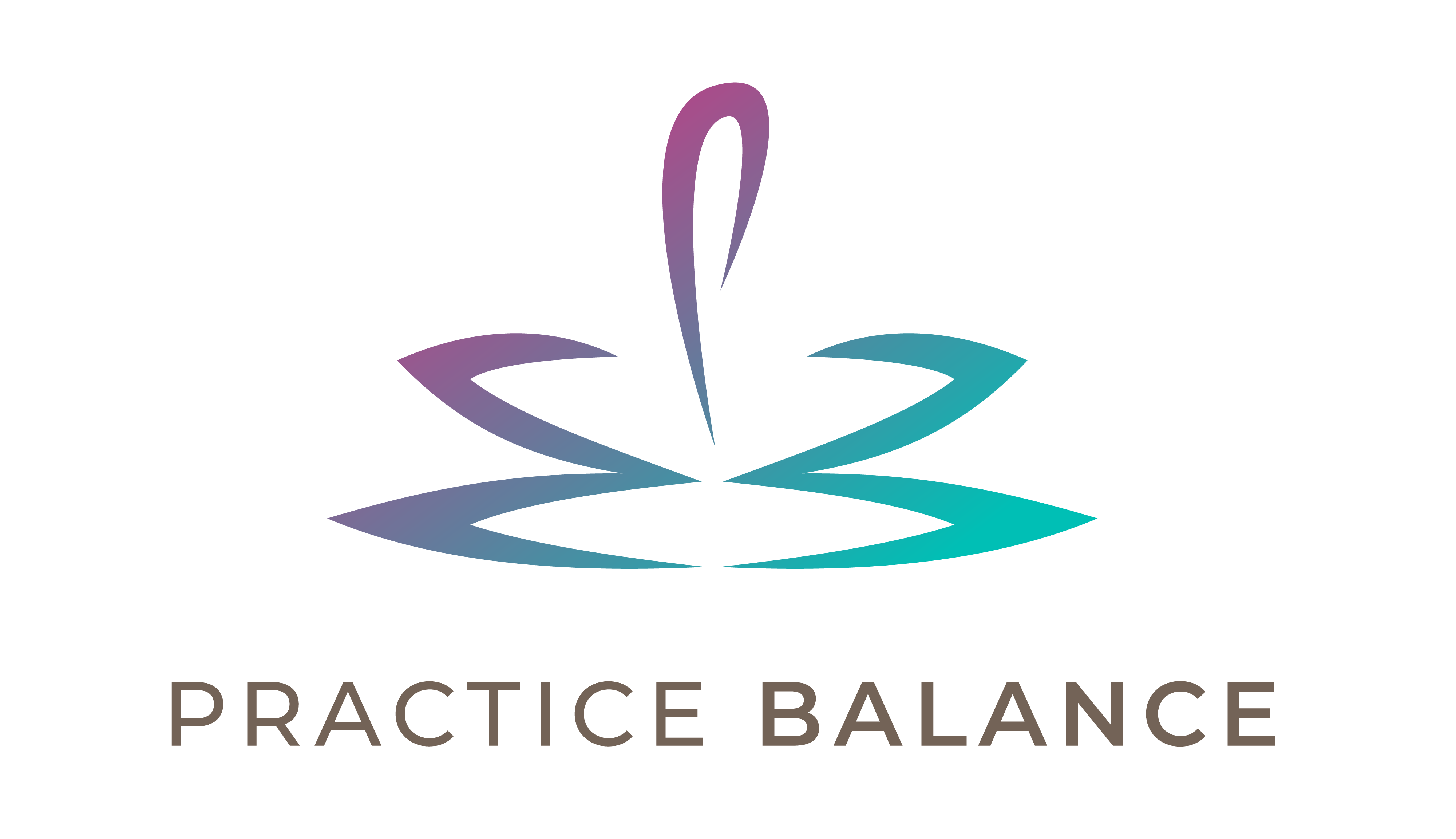Part of my work-life balance involves writing, podcasting, and coaching. But wait… don’t those things involve some amount of “hustling” to get business?
There are messages everywhere telling entrepreneurs to “go big or go home”, “leverage to grow,” and “scale scale scale”. I have definitely preached against this mentality in my book, my blog, and my talks.
Obviously you have to put in some time when you have a business. Even if your idea of entrepreneurship is investing in someone else’s endeavor, you have to spend time doing your research. Just like nothing is truly free, there is no truly passive income.
But entrepreneurial work doesn’t have to be all hustle and grind.
The other day I reshared a post on Instagram from a like-minded colleague talking about achievement culture. He said, “resist the race to nowhere”. And appropriately, he followed with, “You do not need to do more or achieve anything else to prove yourself to anyone.”
A follower sent me a message basically asking, How do you manage the dissonance of staying away from hustle culture while promoting your work, which is decidedly against hustle culture?
Great question.
But before we get into it, let’s talk about the appeal of hustle, side gigs, and multiple streams of income. It’s a little different than when I refer to the “treadmill of achievement” – though you can be on the treadmill no matter what kind of work you’re doing. In this age of endemic burnout, the idea of entrepreneurship and side gigs for medical professionals is really about giving yourself options and freedom to leave something like a malignant clinical job, while still having another stream of income. Of course, this phenomenon exists in law and other professions. High income professionals who want to lean out but also spent lots of money on their education may feel trapped merely by financial burden.
The problem I have with the “side gig medicine” culture is that, if you don’t gain self-awareness and shift your mindset away from the hustle, you’re bound to be right where you were in the toxic situation that led you to want to start the side gig or invest in whatever it was that’s supposed to lead to riches and a departure from your profession!
Yes, I do see the irony of sharing content on the importance of work-life balance, boundaries, and not always saying “yes” to everything. Sharing those exact things takes my time and resources, and the consumption of said content could potentially make money or lead to me getting hired for money.
I’ll tell you a little secret… the entrepreneurial work I’m doing on the scale I’m doing it is not “get rich” kind of work. My book is self-published and makes me a tiny bit of money each month. My podcast is completely sponsor-free, and I do all the work myself. These might not always be the case in the future, but that’s how I’m rolling right now. I occasionally outsource specific technical problems I face, but I don’t have a VA or a support staff.
I also have a very small coaching practice of one on one clients, and I’m working on a self-guided course designed to be modestly priced. Let’s just say that, even on a part-time basis, my clinical work as an anesthesiologist is much more lucrative than my “side gig”.
So why do I do it?
That’s the really important question, and it was the central point in my response to the follower who sent me the DM.
I do these things because I want to. Because I enjoy them. I’m not doing them with the primary goal of additional revenue. Not to say there’s anything wrong with people who want to start side businesses and maximize or diversify their income. I get it. I wouldn’t mind making more money, but the thing I do mind is spending a ton of time to do it. I have too many other interests and things I care about to want that right now.



I take a simple, DIY approach to most things because I don’t want to worry about having to make back huge business costs. For example, people will hire business coaches or do very expensive certifications, and then they have this investment hanging over their heads they feel they need to recoup. I suppose you can look at it as a motivator to get things done, but to me it feels like a stifling of my freedom – something that’s a very strong part of my core values.
Despite all this, at times the lure is definitely there to do more. The internet makes it easy to compare yourself to anyone and everyone. In fact, I wrote about a dream I had that was symbolic of not keeping up with the other “cool kid” physician entrepreneurs – those purveyors of “side gig medicine”.
Here’s a summary of what helps me when I’m feeling that nudge like I’m not doing enough, and I want to feel centered again and excited about my wellness endeavors:
Recognize that with everything you do, there are tradeoffs.
We only have a finite amount of time and energy in each day, so you cannot possibly do everything. I’ve always said, you can have it all, but you can’t have it all at the same time. When I’m on a clinical assignment, I tend to put the podcast, any writing, and working on my course on the back burner. But when I do it like this on my timetable, I sometimes miss out on opportunities. For example, I might have an idea for a post or an article, but I shelve it in the name of work-life balance, and then someone else who has more visibility than I do comes out with something just like my idea. I accept that sometimes I’m missing out on opportunities, revenue, and/or networking in the wellness space. Just like with any work-life balance issue, you have to know and accept the tradeoffs. And if they are unacceptable, then it’s time to rethink your balance.
I try to remember my “why” for the creative work I do.
My “why” is rooted in self-knowledge: I have strong values of continuous improvement, learning, and connection. And I am an Enneagram 9, a Four Tendencies Questioner, and a Clifton Strengths Relator. The bottom line is I do it because I WANT to, not because I have to. Even better, I try to remember the mindset “I get to”. By choice, I’m not beholden to anyone for doing this work. I don’t need the income it produces, and on the scale I’m working, that balance feels right to me.
You could argue, with that aim, I should just give everything away. But actually, that gets into another more complex argument about perceived value and investment – not just money, but time. There is credibility and merit tied into putting your work out there in a business model, and the services I offer require a reciprocal investment of time and/or money by the client to actually get something out of it. Also important: I try to remember that my “why” is not the same as other people’s “why”. Which leads me to my 3rd tip…
There is enough room for everyone in this space.
There are infinite voices and perspectives – and yours is going to resonate with some people and not resonate with others. This is key when you get the urge, like I do sometimes, to compare yourself to other people doing business in your same niche. I consider that others likely have different life circumstances and values than I do – and that those things push them to work the way they do. And none of it is my business.
I hope these tips and examples are helpful to you if you are feeling like you want to put some creative work out into the world but worry about seeming like a hypocrite. My tips apply to any work-life boundaries your facing as well.
What’s the message you’d like to spread, and what holds you back from spreading it? Tell me about it by leaving a comment below!
(Note: if you’d like to listen to this post as a solocast, you can do so below, or download the latest Lean Out podcast episode to your listening device).



 Lean Out Podcast: Identity with Michael Foti
Lean Out Podcast: Identity with Michael Foti

[…] the thick of Tracey’s lean-out journey, which really started in medical school and involved a values mismatch at her first attending job out of […]